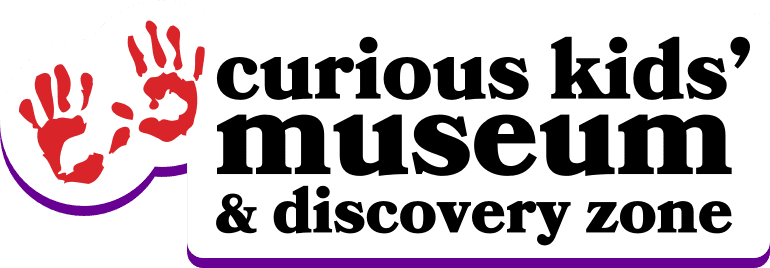Offered Wednesday morning and afternoon during the school year –except Thanksgiving, Winter and Spring Break.
Wee Discover is held Wednesdays at 10:30 a.m. and 2:00 p.m. during the school year at Curious Kids’ Museum for preschoolers based on the concepts of “Mother Goose Science” for young children. The program helps children discover the world around them by linking reading a different story each week with hands-on learning play experiences about different themes. Children exercise body motion, hand-eye coordination, and grasp how the many things in the world around us really work by experiencing them. Parents enjoy sharing this experience with their children and meeting other parents. These fun programs are free with memberships or paid admission. Wee Discover is not held during Christmas Vacation, Spring Break or Summer Vacation.
Free with membership or paid admission.
March 27- “That’s Not My Kitten”
April 10- TBD (Spring Break)
April 17- “Wheels on the Bus”
April 24- Is Your Mama a Llama”

